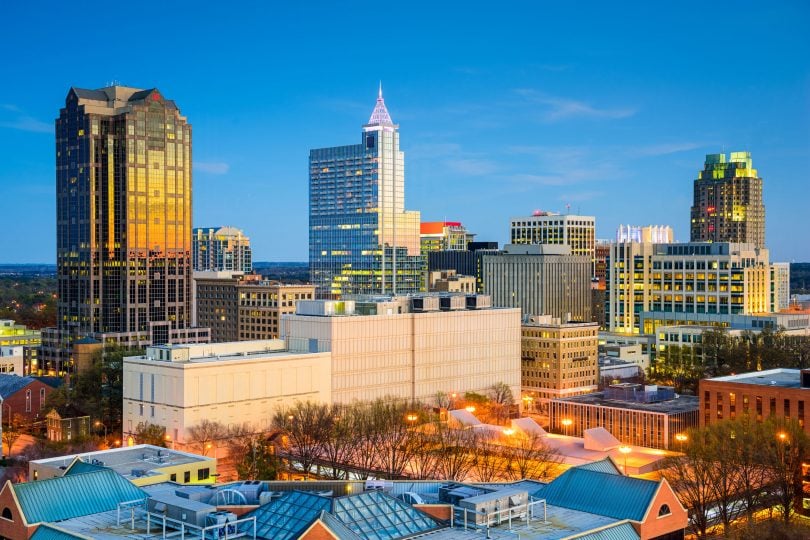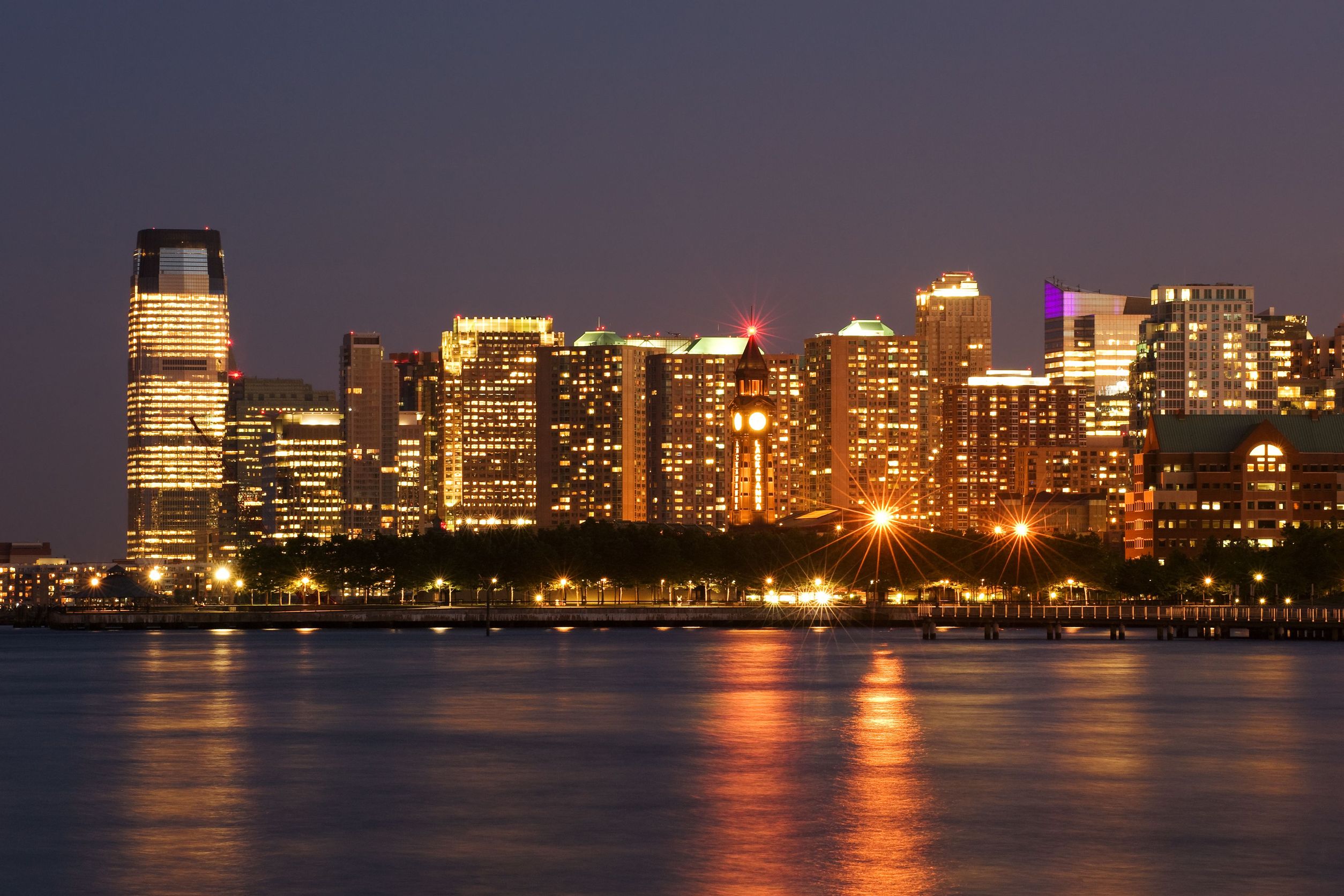These days it seems everyone is looking for the amenities of city living while maintaining that small-town feel. They want to run into folks they know at the coffee shop and become a “regular” at the restaurant around the corner. All this, access to top-notch universities, and an agreeable climate have made Raleigh, North Carolina, an increasingly popular place to move! If you’re planning to join this community, here is what you’ll need to consider as you plan your cost of living.
Cost of Housing
The cost of buying a home is one of the factors that makes Raleigh a slightly more expensive place to live than the national average – which is not uncommon in university towns. The median home cost in the city is $260,100, while the national median is $216,200 and the rest of North Carolina sits much lower at $171,500. Expect to pay around $1,070 to rent a one-bedroom apartment, which is above national average and well above North Carolina rates outside the city. If you’d like to live close to the city and save a little money? Consider living just outside city limits but still in the Durham-Chapel Hill Metro, where costs are lower.
Average Income
Overall, Raleigh’s residents earn more than the national average and the economy is strong, with predictions forecasting more growth to come. The median household income is just over $58,600, higher than the national median at $55,000 and well above the rest of the state. The unemployment rate is also lower than the
Cost of Food
Like dining out? Raleigh’s food scene is top-notch with over 1,200 establishments, and you’ll find a wide variety of restaurants in pretty much every price range. On the whole,
The cost of groceries hovers right around national average, and if you’re a farmer’s market connoisseur (which you should be in this fertile part of the country), you can get some amazing local produce and meat at an affordable price. Consider getting a CSA and save money while maintaining a consistent supply of fresh foods!
Cost of Utilities
Heating costs in the winter months will be significantly lower than what you might be used to in colder climates, but unless you’re willing to sweat it out in the humid summers, expect to pay for your AC costs. It all evens out to bring utility costs right around the national average, around $125 per month for a one bedroom apartment.
Cost of Transportation
Since Raleigh’s public transit system only includes busses, most locals have a car to get around. Even still, the costs of transportation are right on par with the national average – though gasoline can at times be a few cents more expensive. Since you won’t have to worry about winter wear and tear on your car, your maintenance costs might be lower too. Prefer to use the busses? A one-way ticket costs just $1.25, and a monthly pass is $45.
Cost of Healthcare
Believe it: the cost of healthcare in Raleigh is equal to the
So if you’ve been considering moving to Raleigh, NC, pay a visit and enjoy some live music, some great food, awesome attractions for kids, and that friendly small town vibe with all that a big city has to offer. Then let us help you with your move!








